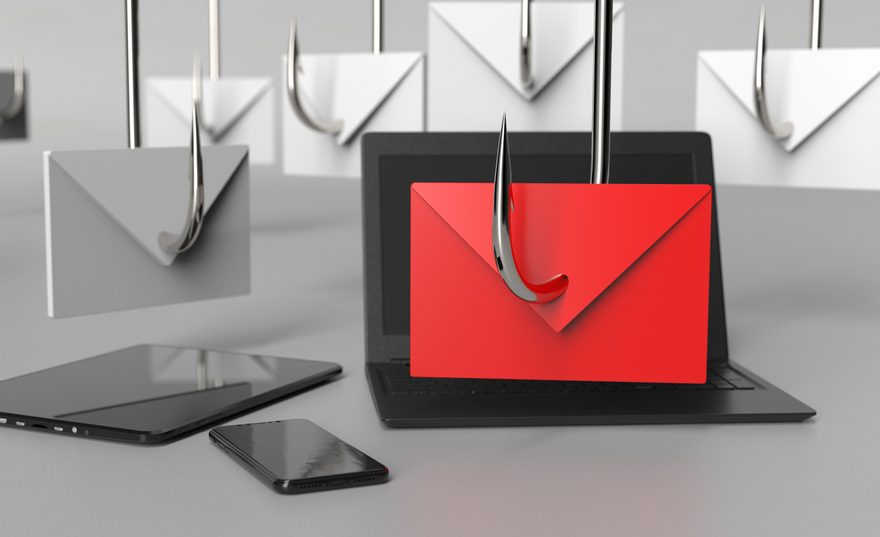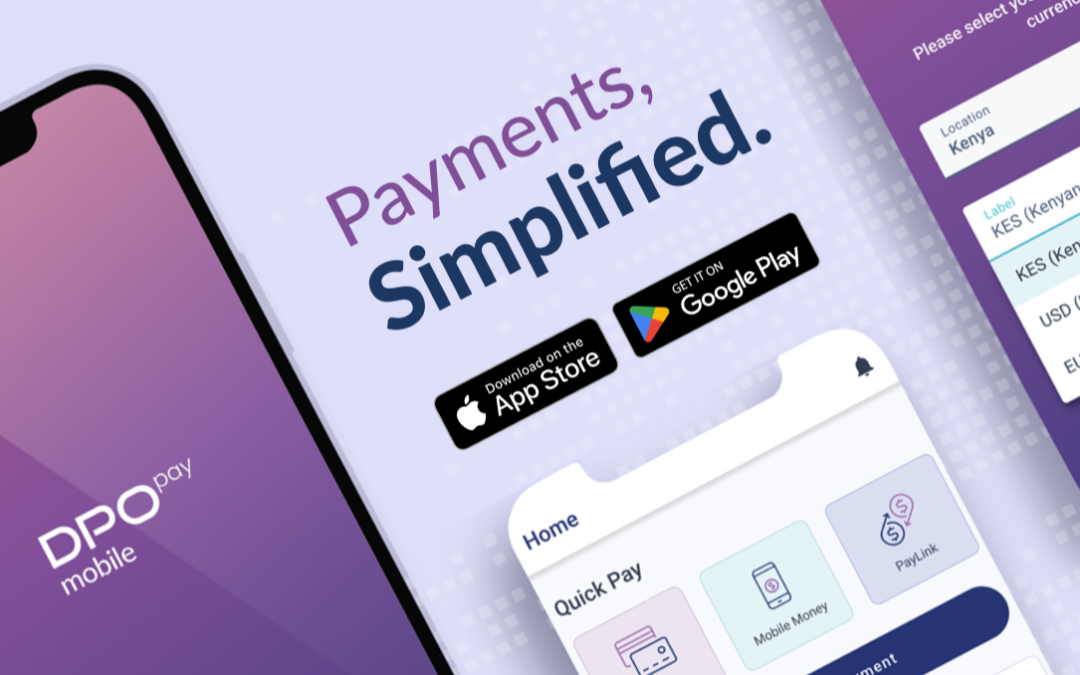The global travel industry is riddled with countless fraudsters trying to steal money from airlines, hotels, and other travel-related businesses. Their fraudulent email ruses start with them pretending to be a travel agent and emailing a booking request to a vendor on behalf of their fictitious client. In their email, they specify what they would like to order (room, flight, etc.) and ask the vendor to charge their client’s credit card, which is of course stolen. The fraudster then requests that their own commission for this transaction be sent to them, on a different card or by bank transfer. This is a common scenario today and businesses are falling victim to these crimes more and more.
If you fear your business is receiving these types of fraud attempts, there are certain criteria you can look for to help you identify fraudsters, including:
- They claim their client does not have access to a point of sale (POS) terminal at their travel agent’s office.
- They send actual credit card details via email.
- They claim their client has a “new” credit card.
- They request use of their client’s credit card, not their own.
- They request charges for more services than the hotel/airline actually offers.
- They request that their commission or balance is wired to them via Western Union.
- They use a generic email addresses (ending in gmail.com or yahoo.com, for example).
- The phone number they provide is a non-working number.
- The email places significant focus on their commission payment.
- The sum of the charge request is higher than normal.
Actual fraudulent email communication samples:
- “I will like you to charge credit card for the travel agent fee along with the accommodation fee so that they issue my client flight ticket as the travel agent does not have facility (POS terminal) to charge credit cards. Once you have payment in your account you will forward payment to the travel agent via wire transfer.”
- “After charging my client’s credit cards, email me the total amount charged from each of the cards, scan the invoice/charging slip along with confirmation numbers for the rooms. I will then advise on how to proceed further with commission payment.”
- “I acknowledge the receipt of your response. I wish to inform you that the guests have approved to stay in your facility for the period of time requested. Above all, the price quotation is well accepted by us and as such, we would want to make a part payment of 1400 USD with a credit card to enable you hold the reservation for us. Moreover, we also made an arrangement with a prepaid logistics agent who will take care of the flight and logistics needs for the delegates during their coming and entire stay with you, but because the logistics agent does not have a POS terminal, and I am unable to make a bank wire because am working in an Oil Rig at the moment, I do need to confide with you and send you my credit card information to handle the below mentioned payments.”
When you suspect fraud, you can contact 3G Direct Pay Fraud Prevention team who will monitor the communication and resulting transactions and notify you of any actual fraud. This process puts a fail-safe in place for you to minimize your risk of receiving fraudulent payment and sending out commission payments to fraudsters posing as travel agents.
As the trend of fraudulent emails promises to continue, it is imperative that vendors keep a keen eye out for such fraudsters and notify 3G Direct Pay right away in order to stop them in their tracks. Identification of such emails needs to become a core part of your daily workflow. With such precautionary processes built into your day to day operations, you stand a far greater chance of uncovering and thwarting these illegal fraud attempts.





